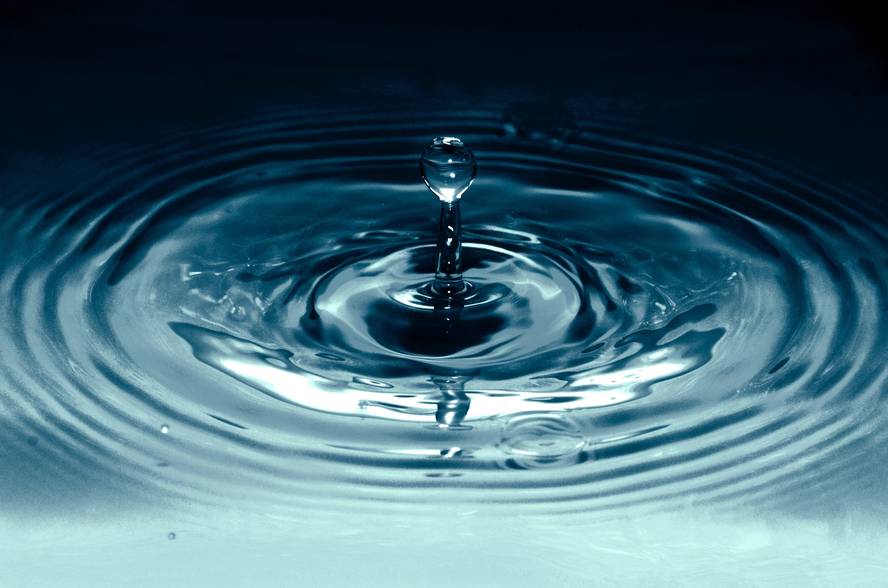Technology to extract hydrogen from water
A team of American researchers has developed an economic catalyst for water electrolysis. It is indicated that this technology can be used to store energy through hydrogen. The process is detailed in the journal Nature Energy.
With the technology used now, membrane catalysts are used that allow the exchange of protons for water electrolysis. However, the separation of oxygen and hydrogen that appear together in the water molecule requires a state of great acidity. Therefore, it is necessary to use precious metals such as platinum and iridium as a catalyst, which makes the process more expensive. In addition, titanium plates must be used to contain the corrosion generated as a result of the process, while in the developed system a membrane has been used that allows anionic exchange with the help of a conductive polymer. With this, they have been able to distribute water elements in alkaline situations. Nickel and iron have been used in catalysts to perform electrolysis instead of precious metals. The latter, being cheaper and more conventional metals, have cheapened the process, at least in laboratory. Researchers point out that in the future this advance can be useful for energy storage. In fact, electricity obtained through solar or wind energy but not consumed at the time can be used for water electrolysis. In this way the hydrogen obtained can be stored, so that it can be used for the moment in the developing hydrogen economy.






